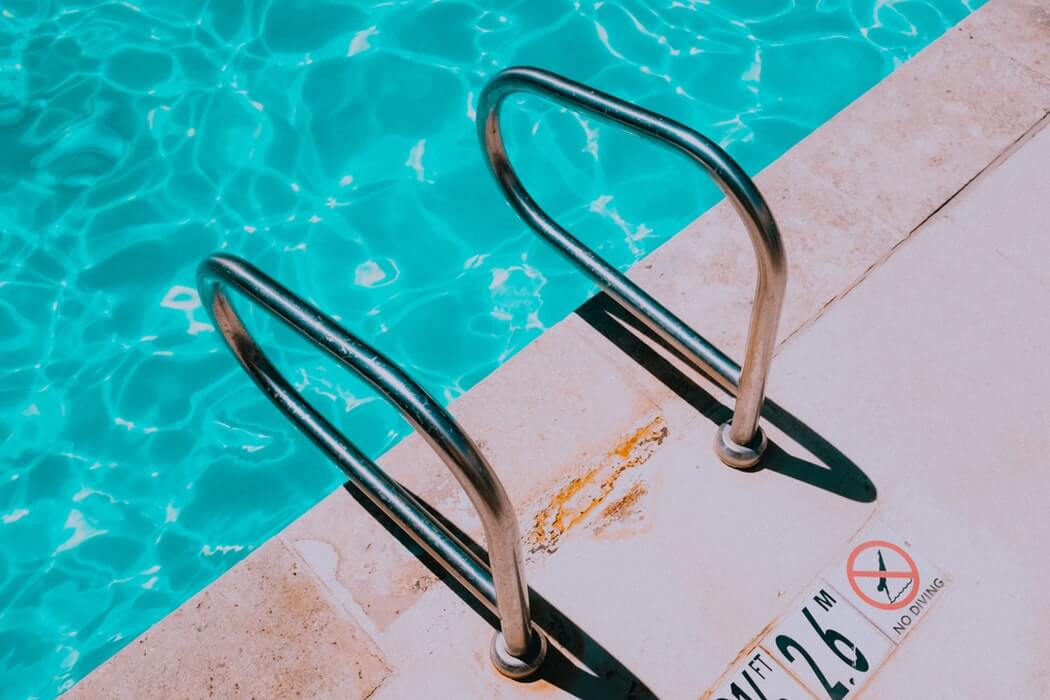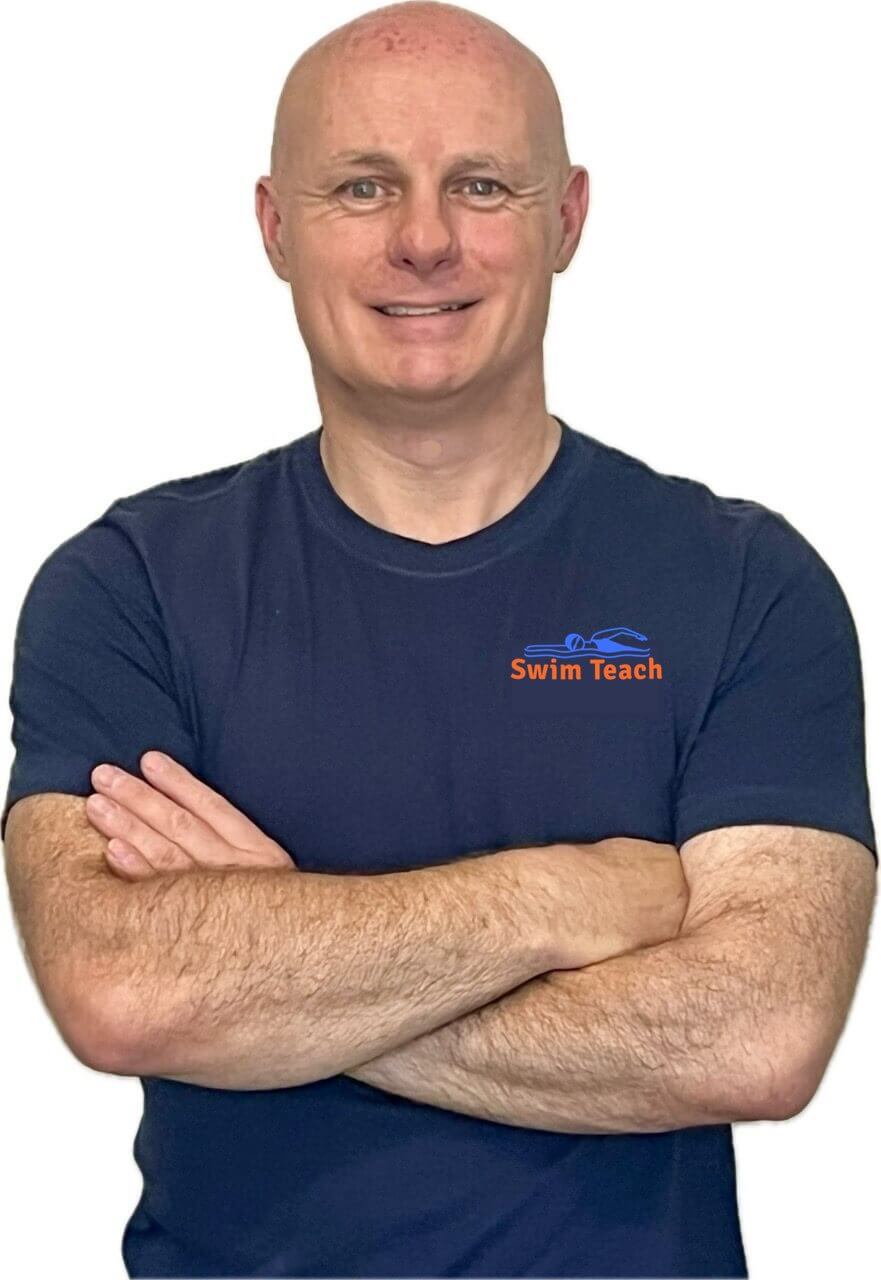- Swim Teach Home
- Beginner Swimming Lessons
Beginner Swimming Lessons
Most swimming schools can provide beginner swimming lessons, but how good are they? There are several factors you might want to take into account before you take the plunge and book some lessons.

Information about your potential swimming teacher, the swimming school they work for and the type of swimming pool your lessons will take place in can all help determine the quality of the swimming lessons you are considering booking. Scroll down to see some specific questions you may want to ask.
Your location and where you live can often be the biggest deciding factor and therefore you may have little choice.
The Complete Beginners Guide To Swimming
Professional guidance and support to help you through every stage of learning how to swim.
Discover everything you need from first entering the pool and building confidence to floating and breathing. Plus, 82 exercises to master the four basic swimming strokes.(click here for an instant preview)
Don't miss out! Click here to get your copy of my book!
Some Important Questions to Consider
When you contact your local swim school to make enquiries about your beginner swimming lessons, don’t be afraid to ask some of the following questions:
1. Are one-to-one lessons better than group lessons?
One-To-One Lessons
It goes without saying that private one-to-one swimming lessons will teach you more in a shorter time frame, so there is a greater chance of you learning to swim sooner. This is not guaranteed of course as each beginner is different.
If you want that higher intensity lesson with one hundred percent of your teachers attention for the duration, then one-to-one is the road to go down. The downside to private lessons is that they are more expensive, but you get what you pay for.
Group Lessons
Group lessons are usually less expensive and you will most likely be committed to a course of lessons spread out over several weeks. The number of pupils in the group matters. The smaller the group, the more attention each swimmer will get from the teacher. Group lessons can be a popular choice for adults, particularly those with some anxiety or fear of swimming. Being in the water with adults that share similar anxieties can in itself be reassuring. It can also eliminate the ‘embarrassment factor’ that some adults feel.
It must be noted here that any children with high levels of fear and anxiety will benefit more from one-to-one lessons. A skilled and reassuring swimming teacher can calm anxieties in a one-to-one lesson very quickly.
2. Tell me about my swimming teacher...?
The most obvious question is ‘what qualifications does he or she have?’ If they are a teacher in the US, they should have a USA Swimming qualification and if they are from the United Kingdom’ they should have either an ASA (Amateur Swimming Association) or an STA (Swimming Teachers Association) qualification. Another question you may want to ask is how much experience the teacher has.
3. How established is your swimming school?
You may want some information about the swimming school itself such as what association they are affiliated to and how established they are. Ask them to tell you about a recent success story.
4. Tell me about the lessons...?
Ask some questions about the lessons themselves.
- How many others will be in the group? 5 or 6 swimmers in a group lesson is a good average. The more pupils in the group, the less individual attention you will receive.
- How long is each lesson? Lesson duration in normally 30 minutes.
- Will the teacher be in the water with me? Teachers in the water can sometimes offer more reassurance and support than teachers that remain on the poolside. This is usually the choice of the teacher but it may be a factor that will affect your progress.
- What will I learn first? You will learn the basics of floating, submerging and breathing first. Children will learn basic leg kick and arm pull movements and adults will learn the basic movements for breaststroke swimming stroke.
5. What type of swimming pool do the lessons take place in?
- Is it a private or a public pool? If it’s a public shared pool, is your lesson at peak time or quiet time? Public swimming pools can sometimes be busy and noisy, which might be a factor that effects your learning and progress.
- Does the pool have a deep end? Many pools these days are built at one depth. In other words they have no shallow or deep end but are the same depth throughout. This might be an important factor if you are hoping to conquer a fear of deep water.
Extra Support For Your Beginner Swimming Lessons
The Complete Beginners Guide To Swimming contains detailed guidelines to help support your beginner swimming lessons. From first entering the water, to lifting your feet up off the bottom, submerging your face and learning to breathe. From conquering your fears right through to learning what each part of your body should be doing when swimming the four basic strokes, This book contains everything you could possibly need.
Click below to download a copy to your computer, tablet or mobile device. Or, click here for more details.
$14.99

I am a member of the Amazon Associates Program and I will earn a commission from qualifying purchases at no extra cost to you.










